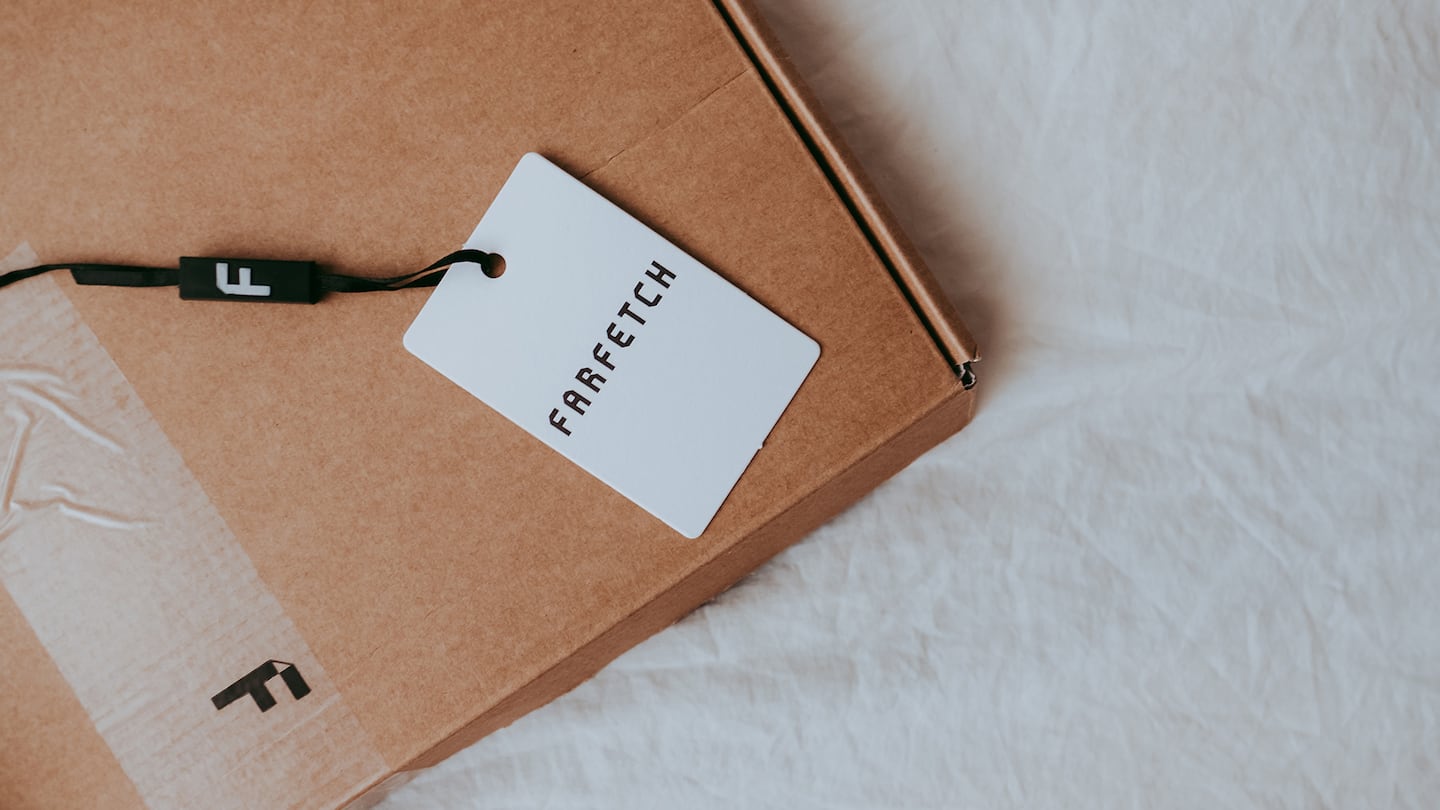
The Business of Fashion
Agenda-setting intelligence, analysis and advice for the global fashion community.

Agenda-setting intelligence, analysis and advice for the global fashion community.

European antitrust regulators have approved a deal that would see Farfetch enter a joint venture with Richemont to take ownership of rival luxury e-commerce platform Yoox Net-a-Porter.
Under the agreement, announced in August 2022, Richemont would sell a 47.5 percent stake in YNAP to Farfetch, with provisions for a full acquisition in the next three to five years. Emirati business mogul Mohamed Alabbar will acquire 3.2 percent of YNAP, reducing Richemont’s stake to below 50 percent and allowing it to remove the loss-making e-commerce platform from its balance sheet.
European Commission approval was one of the final procedural hurdles to completing the deal, following approval by UK regulators in April.
For Richemont, the deal offers a way to offload YNAP, which has been dragging down the Swiss group’s valuation despite the strong performance in its core luxury watches and jewellery business, which includes Cartier, Jaeger-Le Coutre and Van Cleef & Arpels. The implied valuation of YNAP at €1 billion when the deal was announced meant Richemont was taking a nearly €3 billion write-down on the asset.
ADVERTISEMENT
For Farfetch, the deal is supposed to improve its position in the luxury e-commerce sector. Both YNAP and Richemont’s brands, including jewellery titan Cartier, which is estimated to generate more than €10 billion in annual sales, are set to replatform using Farfetch’s e-commerce technology. Farfetch is expected to add over $3 billion in gross merchandise volume to its marketplace by having access to the brands sold on Yoox-Net-a-Porter, which will also sell their products on the Farfetch marketplace.
But while combining with Net-a-Porter would give Farfetch greater scale and bring a top competitor in-house, analysts have questioned whether the marketplace is in a position to absorb a rival that has made consistent losses of more than €200 million a year.
Farfetch’s stock is down nearly 90 percent since last August, a spectacular drop, following consecutive quarters of declining sales as the e-tailer has struggled to get consumers to buy goods on its marketplace. In August, Farfetch reported that second-quarter revenues contracted 1 percent year-on-year to $572 million, well below analyst forecasts of $650 million.
Farfetch also saw a 40 percent year-over-year sales decline in its brand incubator platform, New Guards Group, which operates Off-White and Palm Angels, as well as the European licence for Reebok, as consumer appetite for streetwear wanes. Those results prompted the company to lower its sales outlook for the full year by $500 million.
Farfetch’s weakened position has become a source of concern among some of the clients that use its platform, which include hundreds of boutiques, major department stores and brands. The weakness is surely also a concern for Richemont, which is set to receive shares in Farfetch, valued at around $440 million at the time of the deal, in exchange for its stake in YNAP. The value of those shares now, at Farfetch’s current stock price, is about $90 million.
Farfetch has made intermittent progress on narrowing its own losses. It reported adjusted losses before interest, taxes, depreciation and amortisation of $31 million in the second quarter, from a $24 million loss during the same period last year. It says it expects to reduce costs by $150 million this year. The company has continued layoffs, closed its beauty division in August after failing to grow sales in that segment, and is currently seeking a buyer for luxury beauty retailer Violet Grey, which it acquired in January 2022 for $50 million in cash and stock.
Some investors say that Farfetch has lost its focus and should concentrate on reviving growth in its core marketplace, where it sells goods directly from luxury boutiques around the world, and use its e-concession prowess to move YNAP to a similar model with less reliance on buying expensive inventory. That could mean the company scales back its white-label e-commerce services and offloads its reportedly profitable New Guards Group unit, which is seeing the steepest sales slowdown.
The results of Farfetch and YNAP’s partnership could have implications for luxury e-tailers broadly, which have struggled to grow profitability as luxury brands get better at enticing consumers to shop with them directly both online and off, said Tom Nikic, an equity research analyst at Wedbush Securities.
ADVERTISEMENT
In recent years, London-based MatchesFashion has grappled with widening losses, while Montreal-based Ssense laid off 138 employees, about 7 percent of its headcount, earlier this year. Munich-headquartered Mytheresa, one of the few luxury e-tailers that has consistently made a profit, has seen growth slow.
“This is going to be an important experiment for the industry… in terms of shaping how the industry thinks about the distribution of luxury goods,” Nikic said.
Additional reporting by Tamison O’Connor.
EU regulators are expected to give the go-ahead for Richemont to spin-off Yoox Net-a-Porter in a joint venture with rival Farfetch. But in the 14 months since the deal was announced, Farfetch has lost 90 percent of its market value with significant implications for the transaction and the wider fashion ecosystem.
The Swiss luxury group is spinning off Yoox Net-a-Porter in a joint venture with fashion platform Farfetch. What does it mean for Richemont, Farfetch, YNAP and the luxury industry at large? BoF dissects the deal.
The London-based luxury e-commerce giant, which has lost 97 percent of its market value in the last two years, has suffered from lack of focus, writes Imran Amed.

Malique Morris is Direct-to-Consumer Correspondent at The Business of Fashion. He is based in New York and covers digital-native brands and shifts in the online shopping industry.
The company, under siege from Arkhouse Management Co. and Brigade Capital Management, doesn’t need the activists when it can be its own, writes Andrea Felsted.
As the German sportswear giant taps surging demand for its Samba and Gazelle sneakers, it’s also taking steps to spread its bets ahead of peak interest.
A profitable, multi-trillion dollar fashion industry populated with brands that generate minimal economic and environmental waste is within our reach, argues Lawrence Lenihan.
RFID technology has made self-checkout far more efficient than traditional scanning kiosks at retailers like Zara and Uniqlo, but the industry at large hesitates to fully embrace the innovation over concerns of theft and customer engagement.